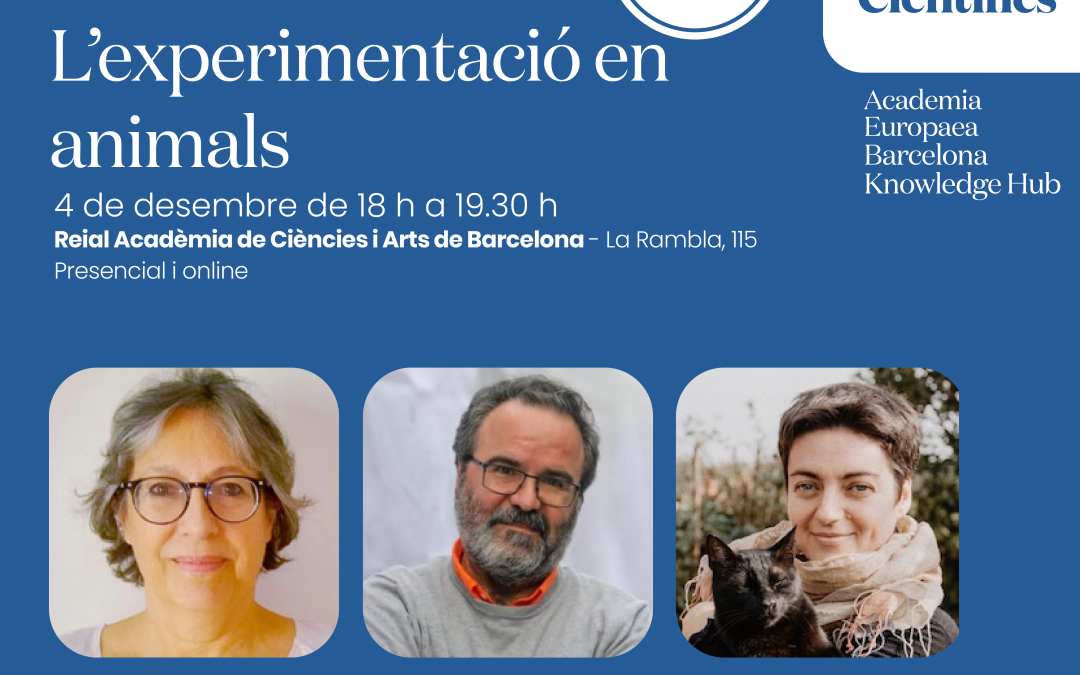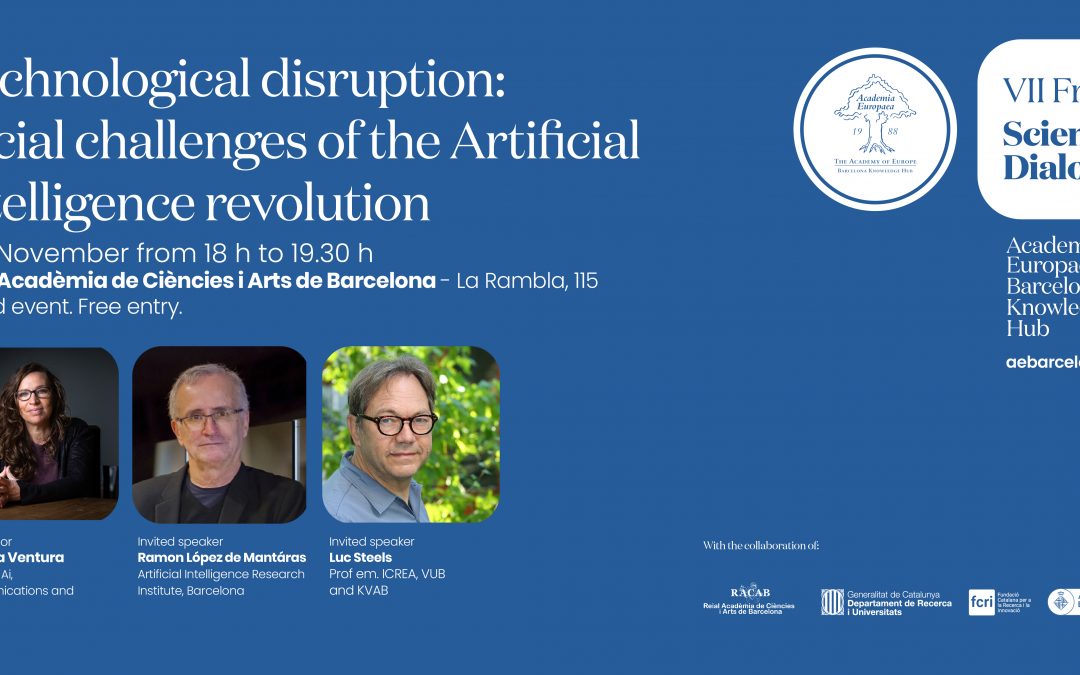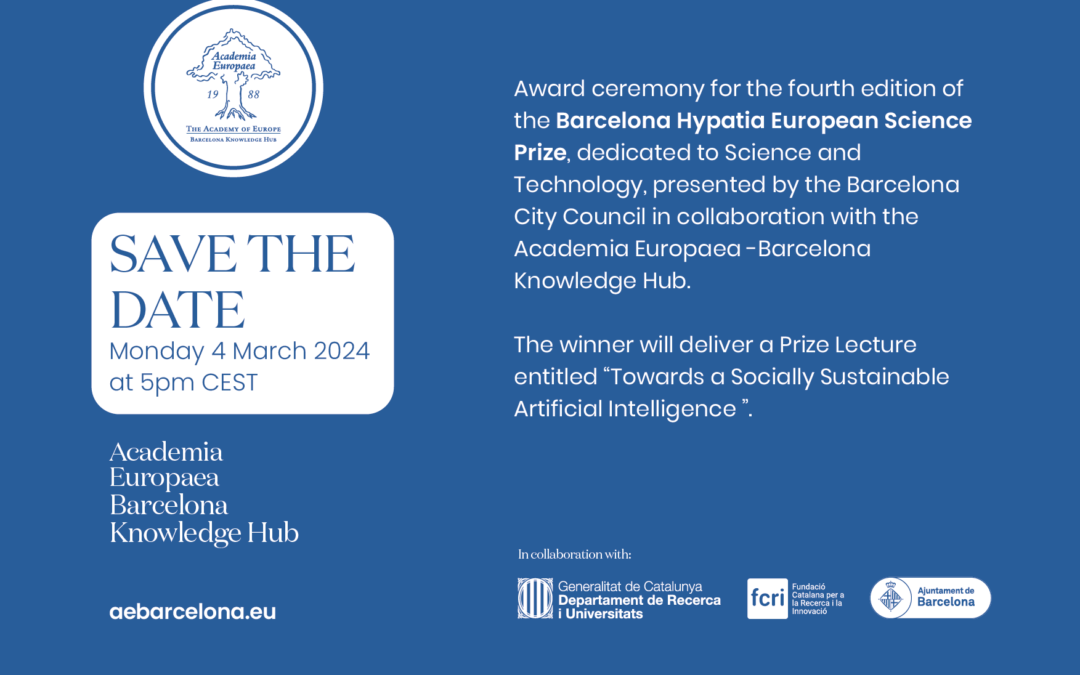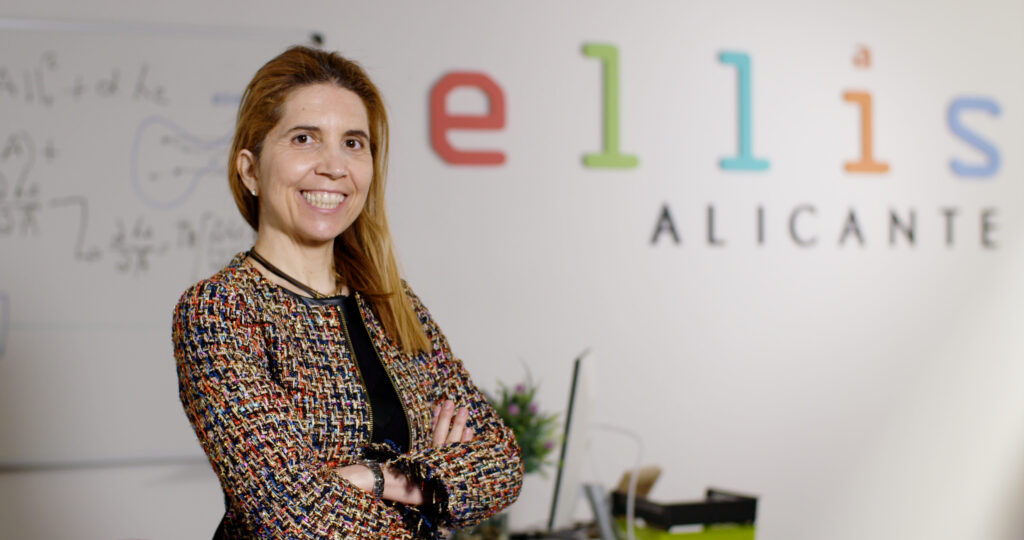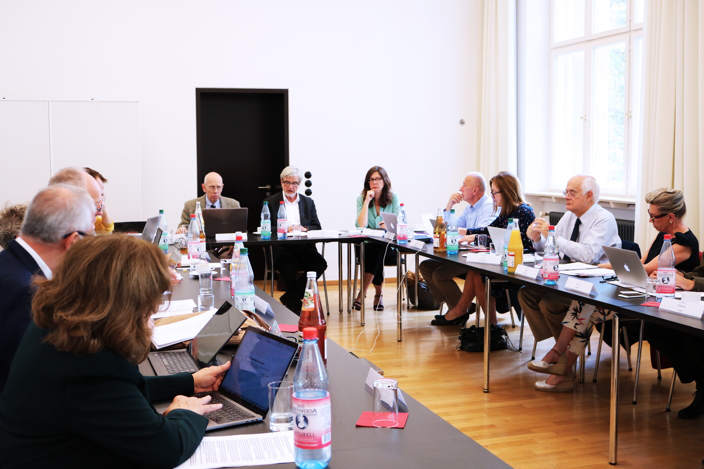VII AGORA: December 4, 2024, from 6:00 p.m. to 7:30 p.m.
Animal experimentation is a controversial topic that raises several pros and cons. On the one hand, most scientists argue that it is essential for scientific and medical progress. Using animals in experiments allows researchers to study complex biological processes, test new therapies, and evaluate the safety of pharmaceutical products before testing them in humans. This can lead to the development of more effective and safer medical treatments, saving lives and improving public health. On the other hand, detractors of animal experimentation highlight the ethical and animal welfare aspects involved. So, while animal experimentation can provide significant scientific benefits, it also raises ethical and welfare concerns that need to be taken into account.
Invited speakers:
Lluís Montoliu, National Center for Biotechnology-CSIC, Madrid.
Núria Almirón, Co-Director, UPF Centre for Animal Ethics Director, MA in International Studies in Media, Power, and Difference; Director, COMPASS Research Project; Member, CRITICC Research Group ,
Moderator: Cristina Junyent, biologist, editor and science communicator, Barcelona
Free entry.
Hybrid event: At RACAB, La Rambla, 115, Barcelona and online.
To watch the session, click here

